How to Select a Trusted Dental Clinic in Croatia
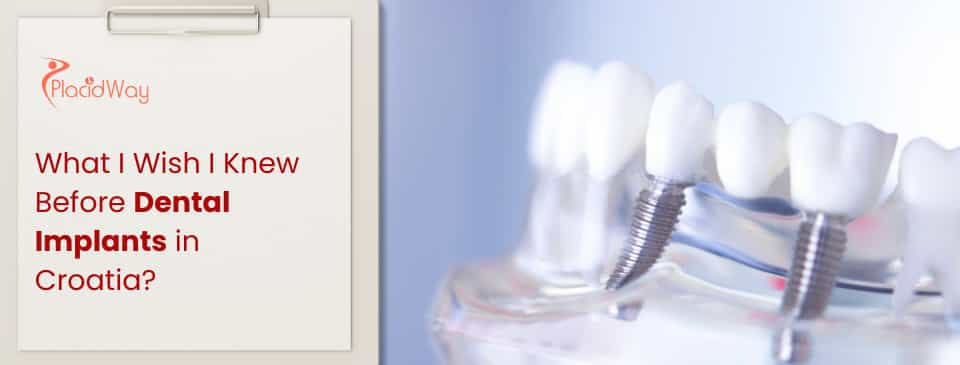
Considering dental implants in Croatia? It's a popular choice for excellent, affordable dental care. Croatia is known for its skilled professionals and advanced facilities. This guide provides crucial insights into what you should know before your dental journey. We'll cover costs, safety, procedure timelines, recovery, and tips for choosing the best clinics.
You'll learn about travel logistics, preparations, post-operative care, and potential challenges. By understanding these, you can navigate your dental implant journey in Croatia with confidence and prepare effectively for your treatment.
What is the average of dental implants cost in Croatia?
The cost savings for dental implants in Croatia are substantial. A single implant, including abutment and crown, generally costs €700-€1,200. This is much lower than in the UK (€2,180+), USA (€2,900+), or Germany (€1,700+). "All-on-4" packages also offer significant savings, up to 70% compared to Western prices. Always request a detailed, itemized quote for transparency.
Are dental implants in Croatia safe and reliable?
Croatia's healthcare system is well-regarded. Many dental clinics meet or exceed international standards, using 3D CBCT imaging, digital smile design, and in-house labs. Croatian dental professionals are highly skilled, often trained in Western Europe, and use internationally recognized implant brands like Nobel Biocare and Straumann. Clinics follow strict EU sterilization protocols. Risks are minimal when choosing a reputable clinic; thorough research is key.
What are the best cities in Croatia for dental implants?
For dental implants in Croatia, consider these cities:
- Zagreb: The capital, a cultural hub with many modern clinics. Ideal for combining treatment with a city break.
- Split: On the stunning Dalmatian coast, offering high-quality care and a beautiful seaside recovery.
- Rijeka: A major port city with excellent clinics and a more relaxed atmosphere.
These cities are popular due to their accessibility and established medical tourism infrastructure.
How long does a dental implant procedure take in Croatia?
Getting dental implants in Croatia usually involves two trips. The first trip (2-3 days) includes consultation, imaging, and implant placement. If bone grafting is needed, this extends the healing time (up to 6 months). A crucial 2-6 month healing period (osseointegration) occurs back home. The second trip (5-7 days) is for placing the abutment and final crown. Some clinics offer immediate temporary teeth, but a second trip for permanent restoration is usually needed.
What is the recovery process like after dental implant surgery in Croatia?
Post-surgery, expect mild discomfort, swelling, and bruising, peaking in 2-3 days. Your dentist will provide detailed instructions:
- Pain Management: Take prescribed pain relievers.
- Swelling: Apply ice packs for 24-48 hours; elevate head.
- Diet: Soft foods/liquids initially; avoid hot items and straws.
- Oral Hygiene: Gentle brushing; specific rinsing for surgical site.
- Activity: Restrict strenuous activity for at least 48 hours.
- Smoking/Alcohol: Avoid to aid healing.
Initial soft tissue healing takes 1-2 weeks; full osseointegration takes 2-6 months.
What qualifications should I look for in a Croatian dentist for implants?
For dental implants in Croatia, seek dentists experienced in implantology, specializing in Oral and Maxillofacial Surgery or Prosthodontics. Verify their EU certifications, international training, and use of advanced technology (3D CBCT, intraoral scanners). Check independent patient reviews for professionalism and results. Ensure clear English communication. A virtual consultation is highly recommended.
What are the travel considerations for dental work in Croatia?
Planning for dental implants in Croatia involves:
- Visa: Check requirements; many nationalities don't need a visa for short stays.
- Flights/Airports: Book to Zagreb (ZAG), Split (SPU), or Dubrovnik (DBV).
- Accommodation: Stay near your clinic; some offer free patient housing.
- Transportation: Plan local transport; clinics may offer transfers.
- Currency/Payments: Croatia uses the Euro (€); inform your bank.
- Safety: Croatia is generally safe; exercise standard precautions.
- Insurance: Comprehensive travel insurance is highly recommended.
- Recovery: Prioritize rest before extensive tourism.
What are the potential risks associated with dental tourism in Croatia?
Risks with dental tourism in Croatia include challenges with follow-up care back home, varying clinic standards (requiring thorough research), potential language barriers outside the clinic, and time pressure that might rush procedures. Limited legal recourse and unforeseen travel issues are also considerations. Mitigate these with diligent research, clear communication, and appropriate insurance.
What should I prepare before my trip for dental implants in Croatia?
For dental implants in Croatia, prepare by:
- Records: Compile all dental/medical records (X-rays, charts).
- Plan & Quote: Get a detailed, written treatment plan and cost breakdown.
- Finances: Confirm payment methods; budget for all expenses.
- Travel Documents: Ensure passport validity, obtain correct visa if needed, make copies.
- Communication: Download translation apps, confirm English-speaking staff.
- Health: Get a pre-trip health check; discuss medications and pre-operative tests.
- Packing: Bring comfortable clothes, personal medications, first-aid.
- Emergency Contacts: Keep a list of key contacts.
What are the advantages of getting dental implants in Croatia?
Advantages of dental implants in Croatia:
- Cost Savings: 50-70% less than Western Europe/North America.
- High Quality: Clinics adhere to high international/EU standards with modern equipment.
- Expert Dentists: Highly trained specialists, often with international experience.
- Advanced Technology: Use 3D imaging, CBCT scanners, CAD/CAM.
- Medical Tourism: Combine treatment with a memorable vacation.
- Accessibility: Well-connected by direct flights from Europe.
- English-Speaking Professionals: Many staff are fluent in English.
Are there disadvantages to getting dental implants in Croatia?
Potential drawbacks for dental implants in Croatia:
- Multiple Trips: Requires two visits, incurring extra costs and time.
- Follow-up Care: Local dentists may be reluctant to manage foreign work.
- Varying Standards: Diligent clinic research is essential.
- Communication: Language barriers can occur outside the clinic.
- Time Pressure: Some clinics might rush procedures.
- Legal Recourse: Difficult in a foreign country.
- Travel Issues: Unforeseen delays or health problems.
These are manageable with careful planning and communication.
Can I finance dental implants in Croatia?
Financing dental implants in Croatia often means paying upfront with savings due to cost savings. Local financing through Croatian banks is usually for residents. International patients typically arrange personal loans or medical credit in their home country. Most clinics prefer upfront payment or installments during visits. Always confirm accepted payment methods and financing options with your clinic beforehand.
Are dental implants painful in Croatia, and what about anesthesia?
Dental implant surgery in Croatia is not painful during the procedure, as local anesthesia is used. Sedation options (oral, nitrous oxide, IV) are also available for patient comfort. Post-surgery, expect mild discomfort, swelling, and pain for 24-72 hours, managed with prescribed medication. Adhering to post-operative instructions, including ice compresses, is crucial for minimizing discomfort and promoting recovery.
How long do dental implants last, and what is their lifespan in Croatia?
Dental implants in Croatia, with proper care, can last over 25 years or a lifetime. The implant post itself is permanent, often with manufacturer warranties. The crown or prosthesis may need replacement after 10-15 years due to wear. Longevity depends on oral hygiene, patient habits (avoiding smoking/grinding), quality materials, bone health, and regular dental check-ups.
What kind of follow-up care is needed after dental implants from Croatia?
Post-dental implant care from Croatia is crucial. This includes rigorous daily oral hygiene (brushing, flossing, mouthwash), following all post-operative instructions, and regular check-ups with your local dentist (every six months). Promptly address any concerns. A night guard is recommended for teeth grinding. Discuss follow-up plans with your local dentist beforehand.
Are there language barriers in Croatian dental clinics?
For dental implants in Croatia, most reputable clinics for international patients have English-speaking staff and dentists, minimizing communication issues for treatment. Confirm this directly. While clinic staff are often bilingual, a basic Croatian phrasebook or translation app can be useful for interactions outside the clinic. Clear communication for treatment is paramount.
What types of dental implants are available in Croatia?
Dental implants in Croatia include:
- Single Dental Implants: For one missing tooth.
- Implant-Supported Bridges: For multiple missing teeth, supported by implants.
- All-on-4: Full-arch solution with a complete set of teeth anchored by four implants.
- Implant-Supported Overdentures: Removable dentures that snap onto implants for stability.
Both titanium dental implants and zirconia dental implants from internationally recognized brands like Nobel Biocare and Straumann are widely available.
Considering dental care abroad? Explore PlacidWay's extensive network of trusted clinics and experienced specialists for your medical tourism needs. Find your perfect solution for high-quality, affordable healthcare.




.png)







.png)
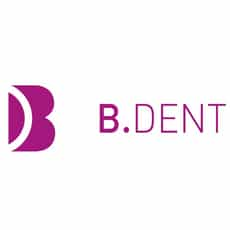
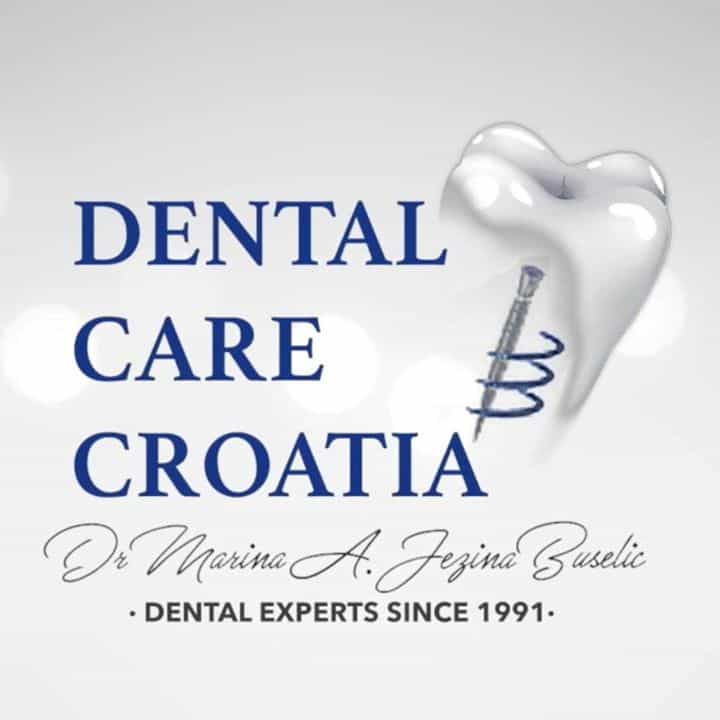
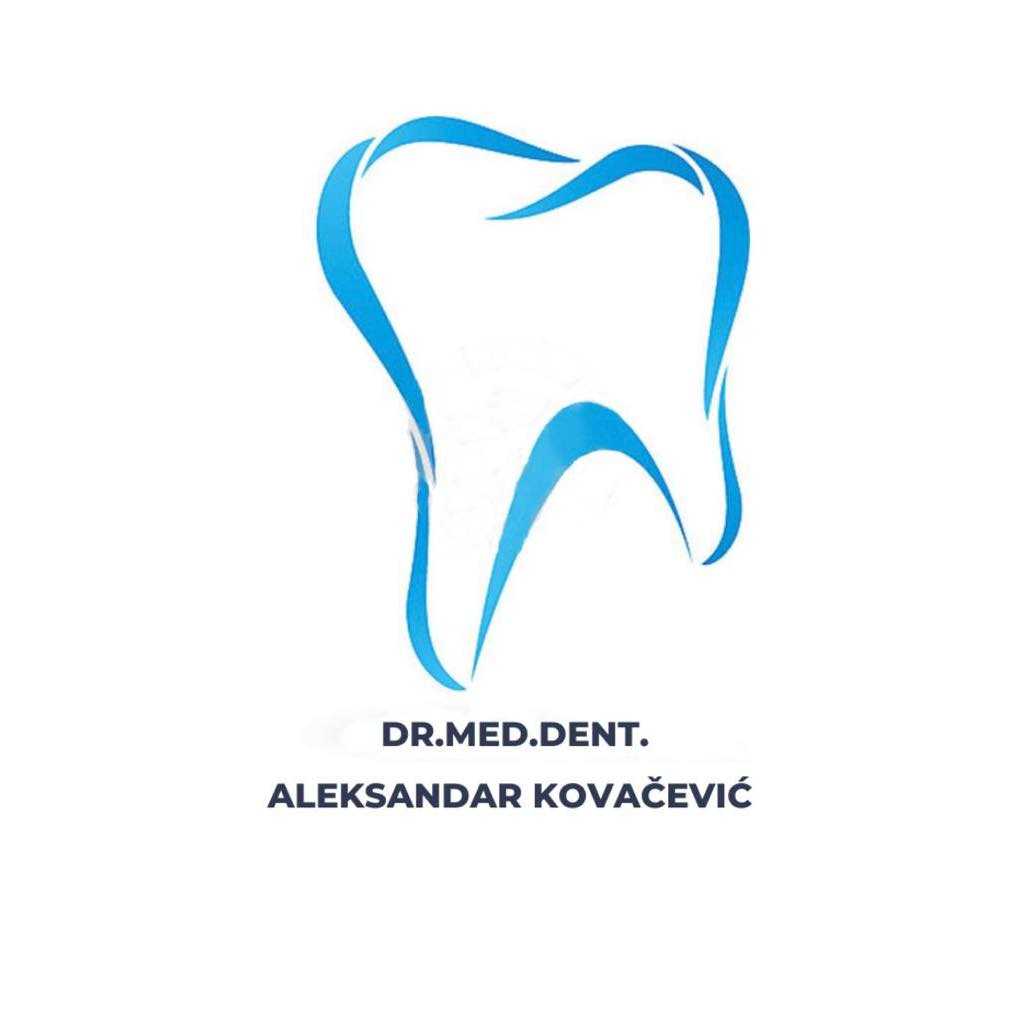
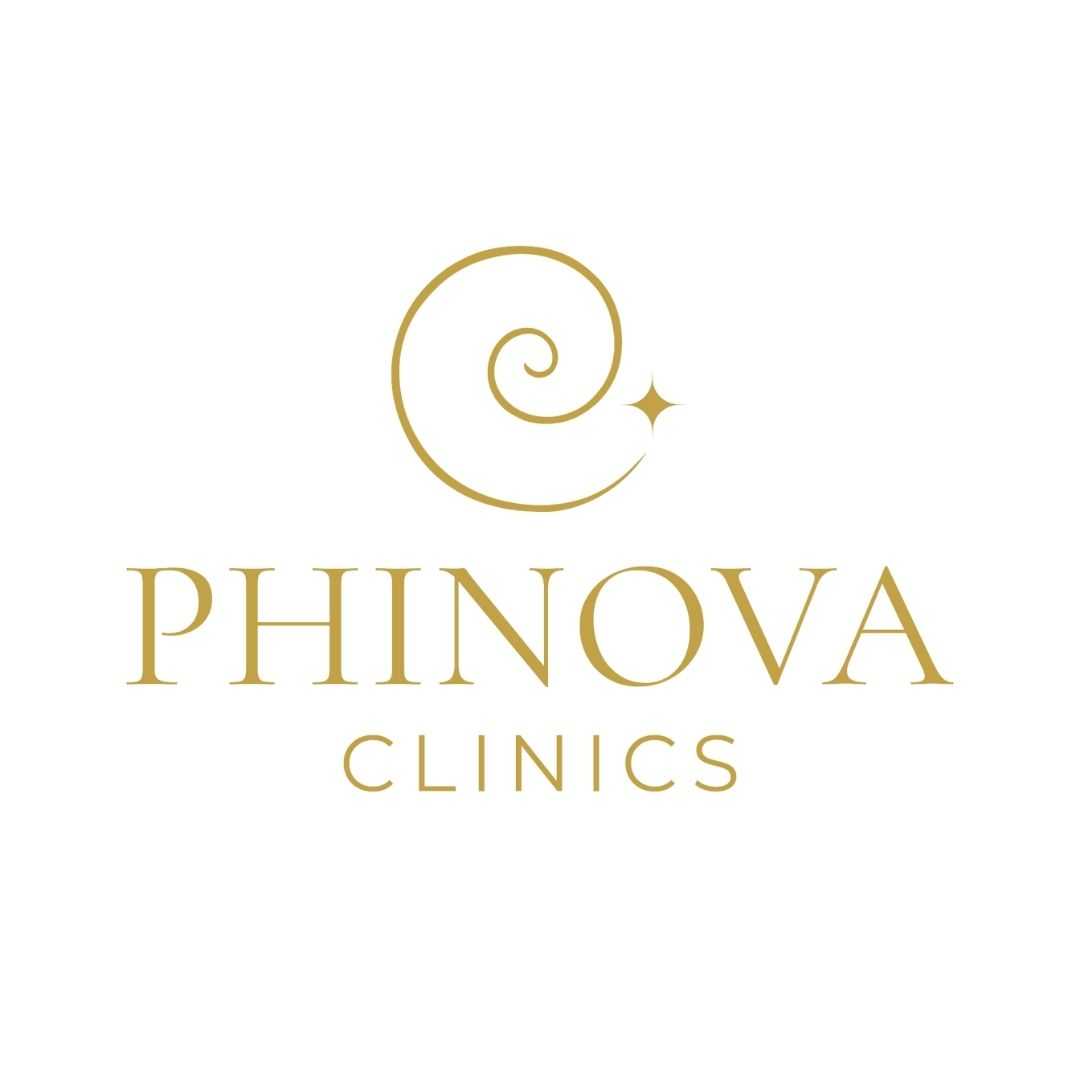
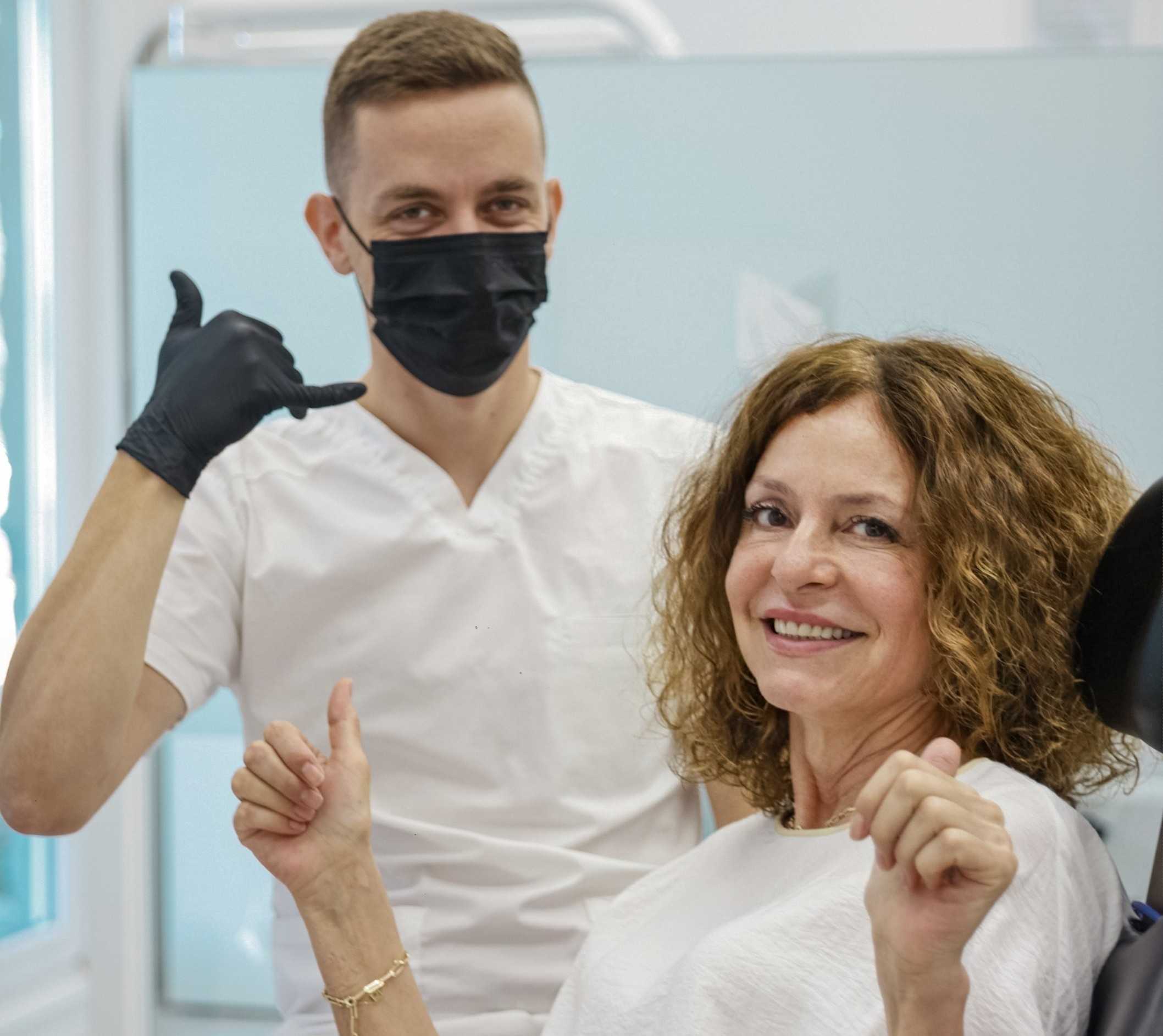

Share this listing